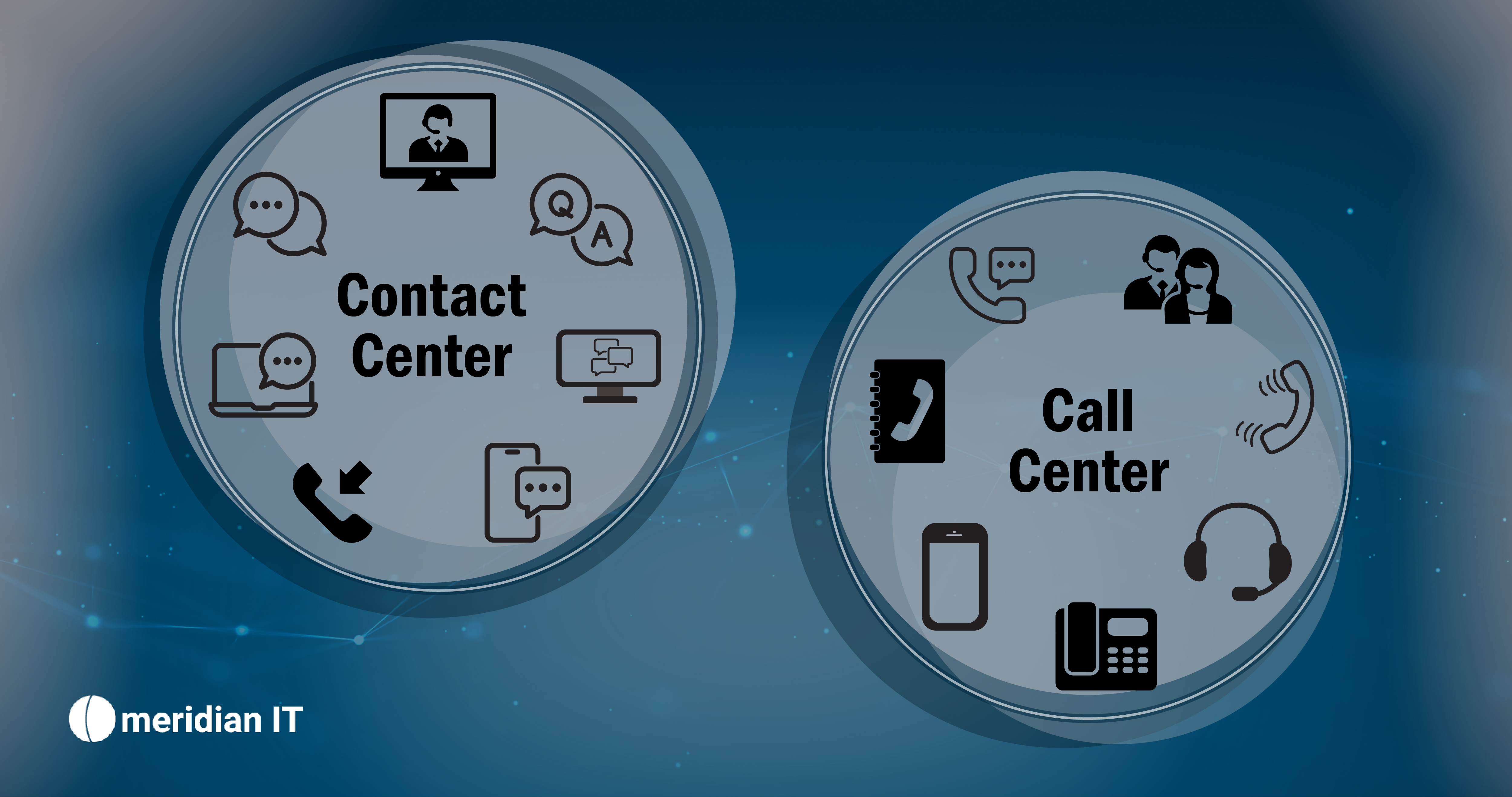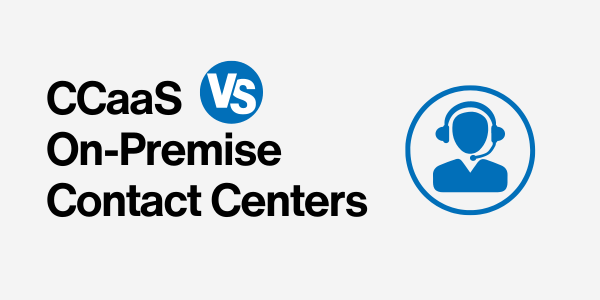In the world of customer service, the terms "contact center" and "call center" are often used interchangeably, but they aren't the same. Understanding their differences is crucial for businesses aiming to offer seamless customer experiences. In this post, we'll delve into the distinctions between contact centers and call centers, explore their benefits, and discuss the various scenarios where each excels.
What is a Call Center?
A call center is a centralized department that handles customers' inbound and outbound phone calls. Traditionally, call centers have been focused on providing customer support, telemarketing, and managing inquiries via voice communication.
Key Features of Call Centers:
- Voice-Only Support: Call centers are designed primarily for handling voice-based interactions.
- High Call Volume: They manage a larger number of calls simultaneously, making them ideal for businesses with high call volumes.
- Cost-Effective: Given their focus, call centers can be more cost-effective for businesses requiring phone support only.
What is a Contact Center?
A contact center, on the other hand, goes beyond managing voice calls. It integrates various communication channels, including emails, chat, social media, and more, to provide a unified customer service experience. Contact centers can handle the modern customer's preference for multiple touchpoints.
Key Features of Contact Centers:
- Omnichannel Support: They manage diverse communication channels, offering a seamless customer experience.
- Integrated CRM Systems: Contact centers often integrate Customer Relationship Management (CRM) systems to keep track of customer interactions across all channels.
- Improved Customer Insights: By leveraging data from various channels, contact centers can provide deeper insights into customer behavior and preferences.
Differences Between Contact Centers and Call Centers
To better understand when to use each, let's highlight the fundamental differences.
- Communication Channels:
- Call Centers: Primarily handle voice communication.
- Contact Centers: Support multiple channels, including voice, email, chat, social media, and SMS.
- Customer Experience:
- Call Centers: Limited to phone interactions which might not cater to all customer preferences.
- Contact Centers: Offer a cohesive experience across various platforms, enhancing customer satisfaction.
- Technological Integration:
- Call Centers: They may have basic call management systems.
- Contact Centers: Often equipped with advanced CRM software, data analytics, and AI-driven tools.
- Flexibility:
- Call Centers: Best for businesses predominantly needing voice support.
- Contact Centers: Ideal for businesses that provide comprehensive support across multiple channels.
When to Use a Call Center
A call center is suitable in scenarios where:
- Your business experiences high volumes of phone calls.
- You operate in sectors like telemarketing or phone-based customer support.
- Your customers primarily prefer voice communication.
Example Use Case:
A telecommunication company handles a vast number of technical support calls daily. A call center would efficiently manage these interactions, ensuring each customer receives timely assistance.
When to Use a Contact Center
A contact center is appropriate when:
- Your business needs to cater to the communication preferences of a diverse customer base.
- You want to provide a holistic customer service experience across various channels.
- Integrating customer data and gaining insights into customer behavior is essential for your strategy.
Example Use Case:
An e-commerce platform aims to offer top-notch support through chat, email, social media, and phone. A contact center allows seamless handling of inquiries, ensuring that customer issues are resolved swiftly on their preferred platform.
Types of Contact Centers and Call Centers
On-Premises:
- Operated within the company's physical location.
- Requires significant infrastructure and IT support.
Cloud-Based:
- Operated virtually using cloud technologies.
- Offers scalability, flexibility, and cost savings.
Hybrid:
- Combines on-premise and cloud-based features.
- Provides a balanced approach for businesses requiring both stability and flexibility.
Ready to Elevate Your Customer Service?
Choosing between a call center and a contact center depends on your business needs, the volume and types of customer interaction, and your strategic goals. While call centers are indispensable for voice support, contact centers elevate the customer experience by offering a comprehensive, multi-channel approach. By understanding these distinctions and aligning them with your business strategy, you can ensure that your customer service operations not only meet but exceed customer expectations.
At Meridian IT, we specialize in helping businesses transition to robust contact center solutions that align with their unique needs. Whether you're looking to upgrade your existing call center or implement a cutting-edge contact center, we've got you covered.
Contact us today to discuss how we can enhance your customer service strategy and take your business to the next level. Check out our mCollab solutions page and schedule a consultation today!




